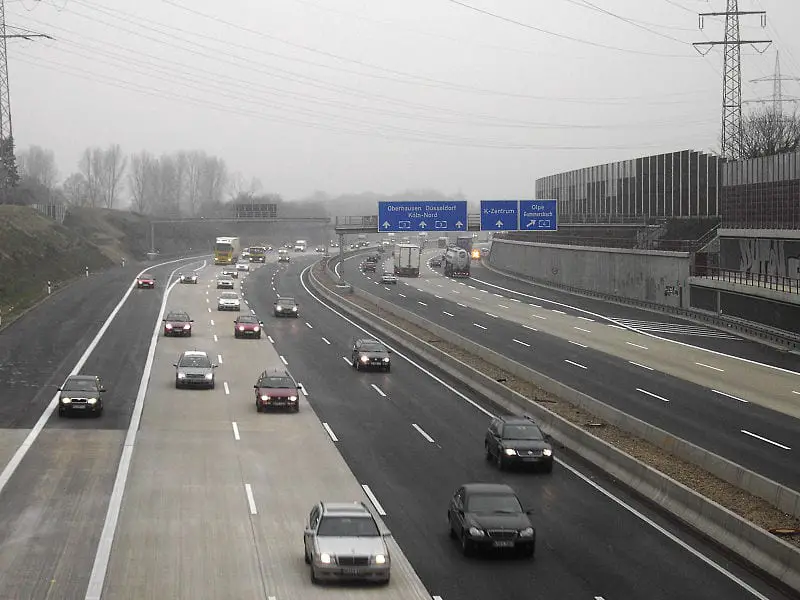
Study highlights importance of hydrogen fuel infrastructure in Germany
April 3, 2013Hydrogen fuel infrastructure is necessary for the success of clean transportation
Hydrogen transportation is becoming an increasingly attractive concept. As more countries move to mitigate the emissions they release through conventional transportation, automakers are beginning to embrace clean forms of energy as the staple for a new generation of vehicles. While electric vehicles have been around for several years now, the majority of the auto industry has taken a keen interest in hydrogen fuel. Indeed, most of the world’s major automakers are currently developing vehicles designed to use hydrogen fuel, many of which are expected to be launched in 2017, if not sooner. The problem, however, is whether an infrastructure that is capable of supporting these vehicles will ever exist.
New study highlights the need for infrastructure
The Fraunhofer Institute for Solar Energy Systems, a research and technology organization based in Germany, has completed a new report concerning the issue of a hydrogen fuel infrastructure. The study was commissioned by the Ministry of Environment, Climate, and Energy from the state of Baden-Wurttemberg. The study highlights the state of the German hydrogen fuel infrastructure, noting that more work must be done before the launch of hydrogen-powered vehicles in order for hydrogen transportation to be considered a success in any regard.
Strong infrastructure must be in place by 2015
The study suggests that a comprehensive hydrogen fuel infrastructure must be in place by 2015 in order for Germany to see the successful and widespread adoption of hydrogen transportation. This success is not expected to be fully realized until 2025, when the penetration of hydrogen transportation is expected to reach its peak. In order for Germany to find the success it seeks in terms of hydrogen transportation, each state must host its own hydrogen fuel network. In the state of Baden-Wurttemberg, for instance, approximately 100 hydrogen fuel stations must be operational by 2020. The state currently boasts of five hydrogen stations that are open to the public.
Hydrogen transportation may only be a dream without infrastructure
For consumers, one of the main problems with hydrogen-powered vehicles is their cost. The study suggests, however, that the real challenge facing hydrogen-powered vehicles is the lack of a comprehensive infrastructure. Germany is currently home to the world’s most expansive hydrogen fuel network, but if the government does not show more aggressive support for infrastructure, hydrogen transportation may not take form in this generation.



 With over 15 years of reporting hydrogen news, we are your premier source for the latest updates and insights in hydrogen and renewable energy.
With over 15 years of reporting hydrogen news, we are your premier source for the latest updates and insights in hydrogen and renewable energy.